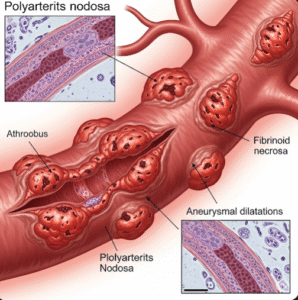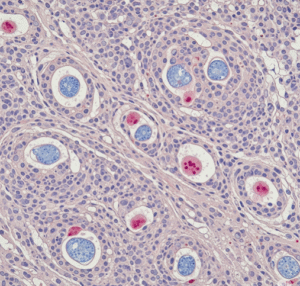Overview
Cognitive impairment refers to a decline in mental functions such as memory, thinking, reasoning, and decision-making. It can range from mild cognitive decline to severe dementia. In Korea, early diagnosis and management are emphasized, with advanced neurology and geriatric centers offering evaluation, treatment, and rehabilitation programs to improve quality of life.
What is Cognitive Impairment?
Cognitive impairment occurs when brain functions are affected by aging, disease, or injury. It can be mild, affecting daily life minimally, or severe, as in dementia or Alzheimer’s disease. Cognitive impairment may result from neurological disorders, vascular issues, metabolic problems, or lifestyle factors.
Symptoms
- Memory loss or forgetfulness
- Difficulty concentrating or planning tasks
- Trouble with problem-solving or decision-making
- Confusion with time or place
- Language difficulties, including trouble finding words
- Personality or behavioral changes
- Impaired ability to perform daily activities in severe cases
Causes
- Neurodegenerative diseases (Alzheimer’s, Parkinson’s)
- Stroke or other cerebrovascular diseases
- Traumatic brain injury
- Metabolic disorders (e.g., diabetes, thyroid dysfunction)
- Chronic alcohol use or substance abuse
- Infections affecting the brain (e.g., meningitis, encephalitis)
- Vitamin deficiencies (B12, folate)
Risk Factors
- Advanced age
- Family history of dementia or cognitive disorders
- Cardiovascular disease (hypertension, diabetes, high cholesterol)
- Smoking and alcohol use
- Sedentary lifestyle and poor diet
- Depression or social isolation
- Head injuries or repeated concussions
Complications
- Progressive memory loss and cognitive decline
- Impaired ability to live independently
- Increased risk of accidents and falls
- Emotional distress, anxiety, and depression
- Greater need for long-term care in severe cases
Prevention
- Maintain a healthy lifestyle with regular physical activity
- Follow a balanced diet rich in fruits, vegetables, and omega-3 fatty acids
- Engage in mental exercises and lifelong learning
- Manage cardiovascular risk factors
- Avoid smoking and excessive alcohol consumption
- Maintain social engagement and mental stimulation
- Treat underlying health conditions promptly
Treatment Options in Korea
Management of cognitive impairment focuses on slowing progression, supporting daily function, and treating underlying causes. Korean hospitals and clinics offer:
- Medical Treatment
- Medications for memory support (e.g., cholinesterase inhibitors, memantine)
- Treatment of underlying conditions such as hypertension, diabetes, or thyroid disorders
- Management of mood disorders like depression or anxiety
- Cognitive and Behavioral Therapy
- Cognitive rehabilitation programs to improve memory and problem-solving
- Behavioral therapy to manage personality or behavioral changes
- Lifestyle and Supportive Measures
- Structured daily routines and environmental modifications
- Physical exercise and social engagement programs
- Nutritional counseling and occupational therapy













